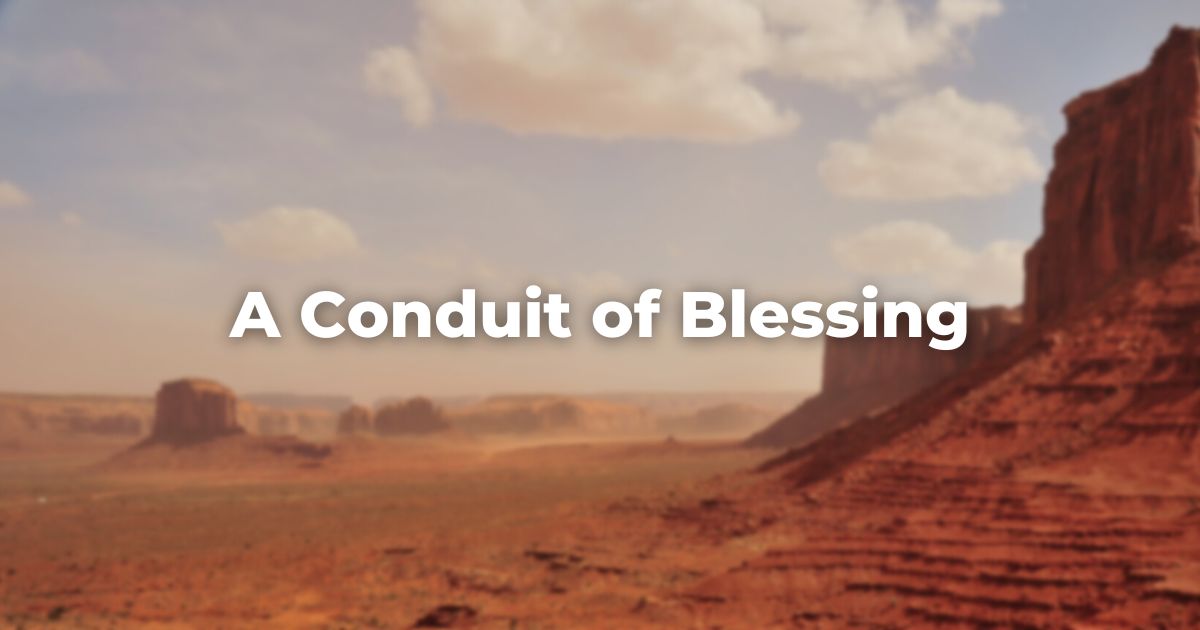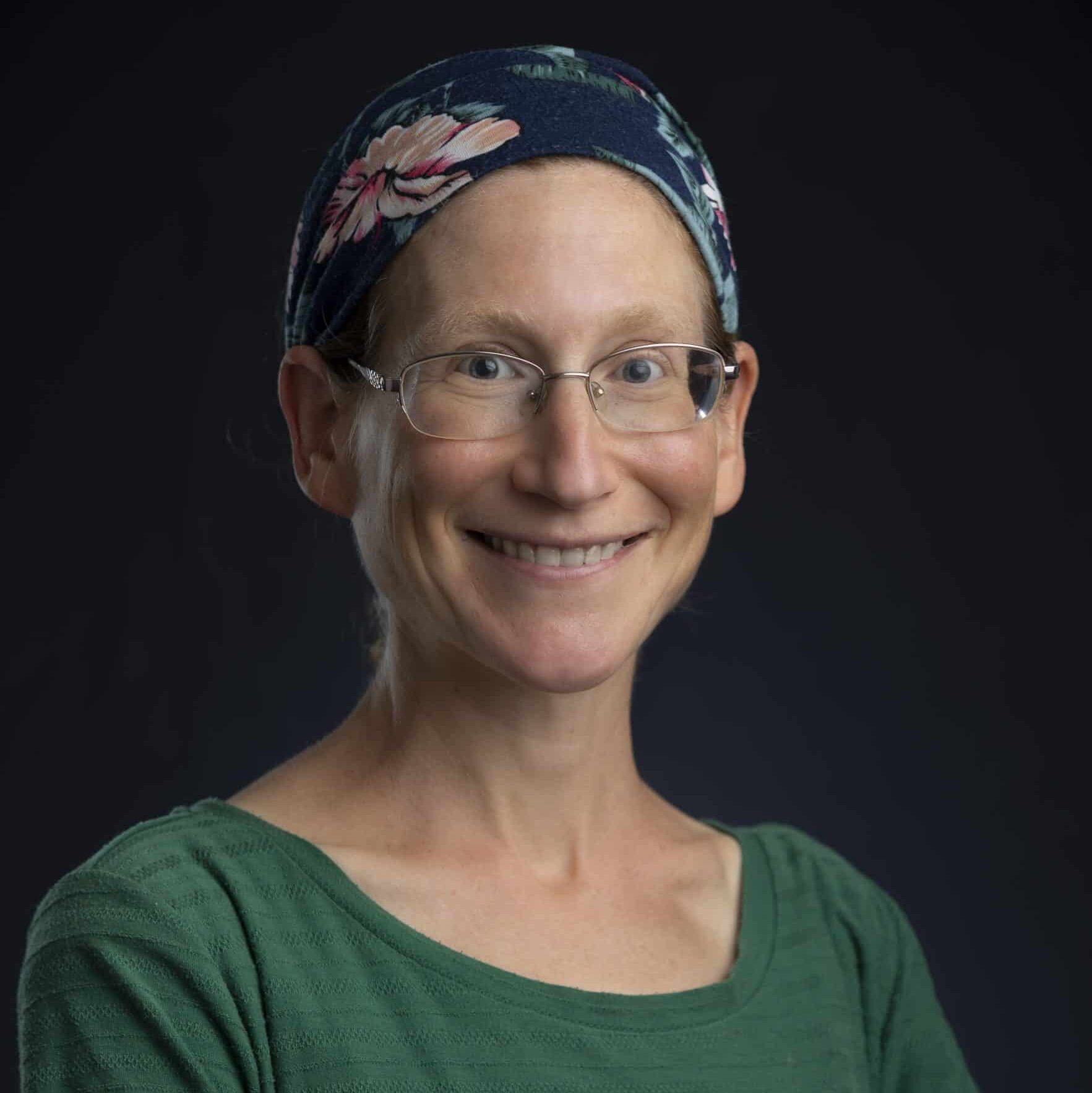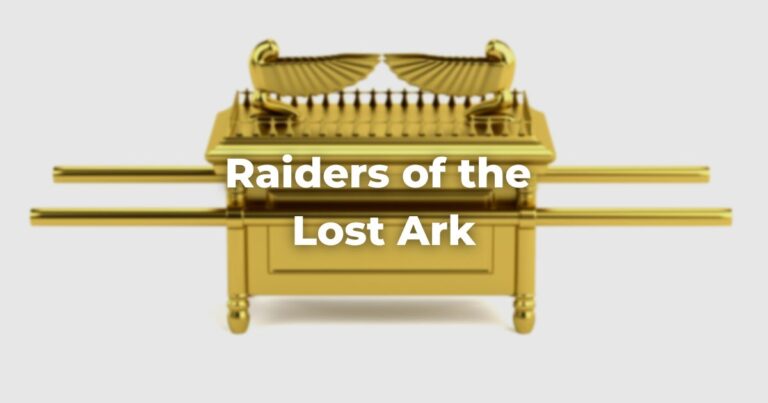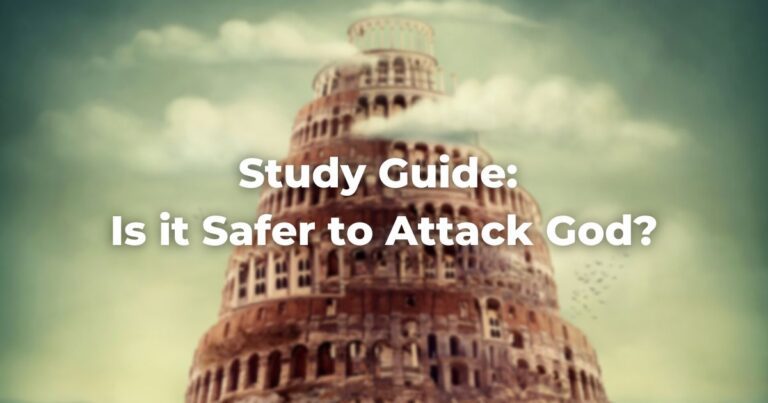In this week’s parashah, Moshe prepares the people for their entry into Israel, extolling the virtues of the land they are about to conquer successfully: “For the Lord your God is bringing you into a good land, a land with streams and springs and fountains…” (Deuteronomy 8:7).
Blessings for Keeping the Commandments
Moshe assures the Israelites that so long as they keep God’s commandments, the land will yield its bounty.
The midrashThis word is used in two ways, as both a concept and a literature. As a concept, midrash is the expansive interpretation of biblical texts. The term is used to describe the practice of rabbinic interpretation. As a text, it refers to specific collections of interpretations, particularly from the third to ninth centuries in the Land of Israel and Babylonia. Plural: Midrashim
Read more, drawing upon Moshe’s description of the people’s destination and their destiny, offers a nuanced way of thinking about God’s privileging of the Israelites above all nations and of Israel above all lands, suggesting a counterweight to this very particularist focus on the chosen people and the promised land.
Moshe describes the land of Israel to the people by comparing it to the land they lived in most recently, and which they grew to know very well: “For the land you are about to enter and possess is not like the land of Egypt from which you have come” (Deuteronomy 11:10).
The midrash explains that the purpose of this analogy is to assure the people that the land of Israel is superior, because while preparing to leave Egypt they kept saying, “Perchance we are going to a land not as fine as this one.” (Sifrei Deuteronomy 37).
God assures them that even the most inferior part of the land of Israel—Hebron, which the midrash describes as “the refuse of the land of Israel”—is compared to Zoan, the royal residence in Egypt, based on the juxtaposition of the two cities in another biblical verse (Numbers 13:22).
The Land as a Conduit of Blessing
The people need not worry that they are leaving Egypt for an inferior land; every part of the land of Israel will be far better.
The comparison between Egypt and the land of Israel is based on the way in which each land is irrigated. Moshe tells the people that unlike Egypt, where “the grain you sowed had to be watered by your own labors,” Israel “soaks up its water from the rains of heaven” (Deuteronomy 11:11).
These descriptions surely resonated for the Israelites, who worked as slaves in Egypt and thus had to do everything by dint of their own labor; then they spent forty years in the wilderness, where they never knew where they would find their next oasis. The notion of a land soaking up its water from the heavens must have seemed nothing short of heavenly to these former slaves turned desert wanderers.
The midrash (Sifrei Deuteronomy 37) expands upon the contrast between the source of water in Egypt and the land of Israel by way of a parable about a king who was once walking on his way when he noticed two young men in need of assistance.
The first man was a stranger from a noble family, and the king provided him with a manservant to serve him. The second man was also from a noble family, but the king knew him and his parents, and so he declared, “I will personally see to his needs and feed him.” By the same token, all other lands were given “servants” to tend them: Egypt is watered by the Nile, Babylon is watered by the Tigris and Euphrates. Only the land of Israel is provided for directly by God.
This midrash suggests that while other lands are also “noble,” God has a special relationship with Israel because God knows us and our parents—after all, we are the people whose ancestors God chose to enter into a covenantal relationship with in the time of Abraham, Isaac, and Jacob.
God knows the family we come from, and thus God takes us directly under the divine wing.
The midrash takes pains to emphasize that God’s care for the land of Israel does not come at the expense of providing for other lands. In our parashah the land of Israel is described as “a land which the Lord you God looks after, on which the Lord your God always keeps His eye” (Deuteronomy 11:12). The midrash questions, “Is this the only land God cares for? Does God not care for all lands?” (Sifrei Deuteronomy 40).
While Israel is the land promised to God’s chosen people, God is also the Master of the Universe, responsible for all aspects of creation.
The midrash resolves this tension by explaining that God cares about the land of Israel as a way of caring about all other nations: “It is as if it were possible to say that God cares for Israel alone, but because of God’s care for it, God cares for all the other lands along with it.” One land cannot flourish if the lands bordering it are afflicted by drought and privation; in providing for the land of Israel, God must also provide for the countries around its borders, and for more far-flung nations which must also enjoy a considerable degree of welfare if the world is be a healthy and safe place to live.
This notion is even more evident in a globalized world, in which the welfare of any single country impacts the welfare of so many others.
Furthermore, what is true of the land of Israel is true of the people of Israel as well, as the midrash goes on to explain: “Similarly you might ask… Does God keep only Israel? Does He need keep all nations?”
Does God care only for the Israelites at the expense of all other peoples?
The midrash gives the same answer: “It is as if it were possible to say that God keeps only Israel, but because God keeps them, He keeps every other nation along with them.” God develops a close bond with the people of Israel as a way of ensuring that the whole world enjoys divine favor and protection.
This notion of cultivating a particular relationship as a means to caring more universally finds its expression in God’s pledge to Abraham: “All the families of the earth shall find blessing through you” (Genesis 12:3). God blesses Abraham so that he might be a conduit of blessing to the world at large.
The covenantal relationship between God and Israel is based on a particular bond with Israel alone, but it is also rooted in an awareness that God is responsible for the entirety of creation: “You shall be My treasured possession among all the peoples, for all the earth is mine” (Exodus 19:5).
As the midrash on our parashah suggests, a devotion to the particular can inspire a devotion the universal.
We all have people in our lives whom we care about more deeply than everyone else; we may enjoy an exclusive relationship with a spouse, or a special bond with our children, or a whole-hearted dedication to our parents.
By caring for those closest to us, we are training ourselves to care deeply for those more distant and more different.
We hope that our close bond with family and friends will teach us to give generously of ourselves to others as well, so that everyone around us will be showered in blessing.
See more: Parashat Eikev
Originally posted as part of the Conservative Yeshiva at the Fuchsberg Jerusalem Center’s Torah Sparks. Support TorahRefers to the first five books of the Hebrew Bible, the Tanakh, also called the Five Books of Moses, Pentateuch or the Hebrew equivalent, Humash. This is also called the Written Torah. The term may also refer to teachings that expound on Jewish tradition. Read more learning from the Fuchsberg Jerusalem Center/Conservative Yeshiva for leaders and seekers around the world here.
Authors
-

Ilana Kurshan teaches TalmudReferring to one of two collections, the Jerusalem and Babylonian Talmuds, edited in the 6th century, that contains hundreds of years of commentary, discussion, and exploration of the ideas in the Mishnah. One could describe it as Mishnah + Gemara = Talmud Read more at the CY. She is the author of If All the Seas Were Ink (St. Martin’s Press, 2017) and Why is This Night Different From All Other Nights (Schocken, 2005). She has a degree in History of Science from Harvard and in English literature from Cambridge, and has worked in literary publishing both in New York and in Jerusalem – as a translator, a foreign rights agent, and as the Books Editor of Lilith Magazine. Since October 2020, Ilana has been a regular contributor to Torah Sparks, FJC’s weekly parashat hashavuah blog.
View all posts -



The Fuchsberg Jerusalem Center (FJC) is a home in the heart of Jerusalem where leaders and seekers can find an authentic place in Jewish tradition to call their own. FJC offers opportunities to study, pray and explore within an egalitarian and inclusive setting, creating multiple pathways for finding personal and communal meaning.
View all posts






